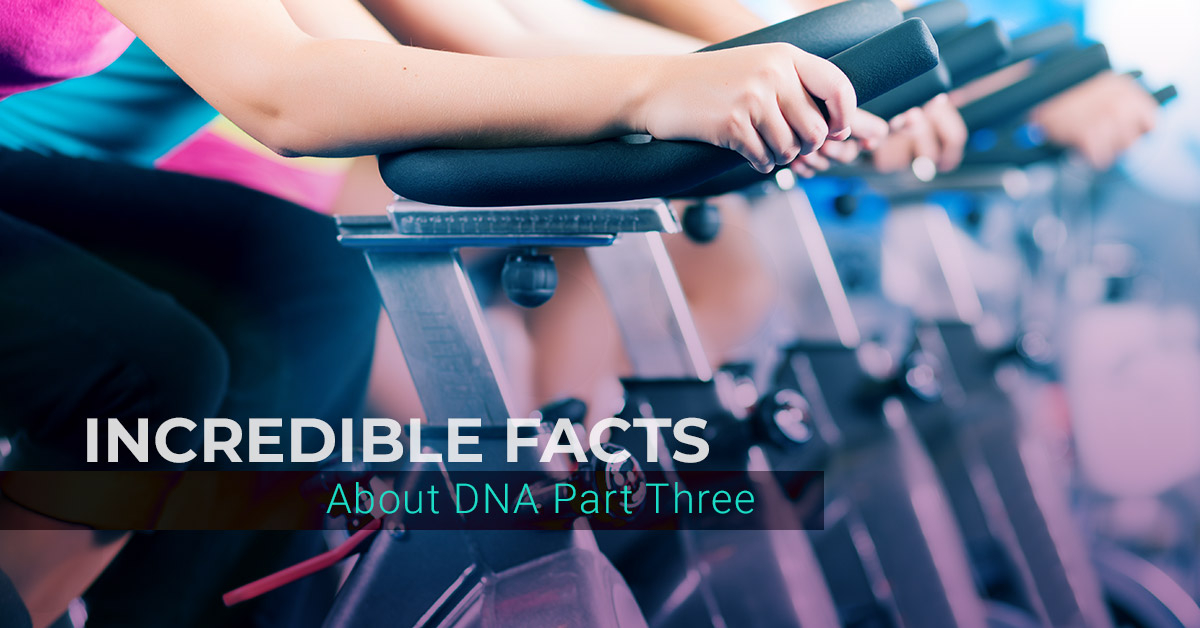We've all heard of DNA and why it's generally called "DNA" instead of its full name, which is deoxyribonucleic acid. These tiny strands of proteins were discovered in 1869, and they are almost constantly being replicated, damaged, and repaired as you go through your daily life. They are responsible for the way you look and function, and if you strung all of the individual strands together end-to-end, you would have a strand that could go all the way from Earth to Pluto ... and then back again! We go through our days without a thought for the incredible scope of information stored in each of our cells.
At KlothoGenics, we have learned that our genes interact with our lifestyles and habits. The things we do can have a big impact on these tiny little building blocks. The key to making the most of the situation is understanding exactly what your DNA is like with all the quirks and features passed down within it. Once you understand your DNA, you can adjust your diet, exercise, and other lifestyle habits to make your life as healthy and long as possible.


